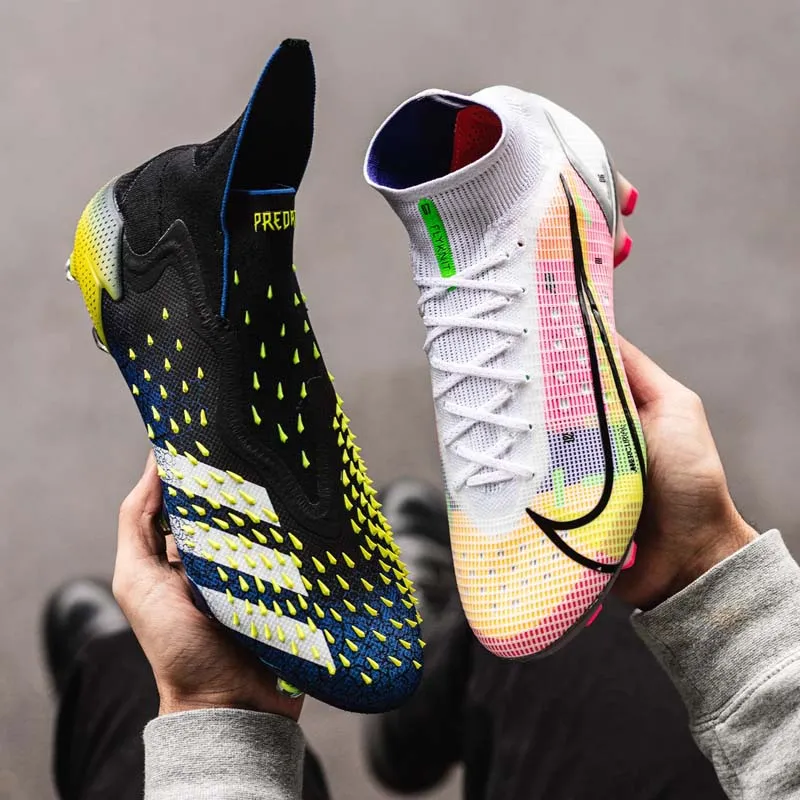
The country that was a pandemic success story last year logged a sharp increase in COVID-19 infections in July. Just over 88 per cent of the 189,066 cases recorded since the pandemic began were discovered in the past month.
Strict lockdowns, first in the capital of Hanoi and then in Ho Chi Minh in the south, appear to be bringing the rate of new infections down, but have paralysed non-essential sectors.
“The challenge with the delta variant is that, unlike previous waves of COVID-19 infections, it has hit the economic heart of Vietnam – Ho Chi Minh City and industrial areas,” said Huong Le Thu, a senior analyst at the Australian Strategic Policy Institute.
“This directly affects workers and their livelihoods as well as the global garment, shoe and electronic industries they supply. These prolonged lockdowns in Vietnam could mean prices for goods like Nike shoes and Apple phones will rise,” Dr Le Thu said.
Before the pandemic, Vietnam had made a virtue of low labour costs and smoothed paths for multinational investment to attract global manufacturers.
Many manufacturers spread their work across a range of suppliers. Nike, for example, works with 200 manufacturers that employ 500,000 people producing finished goods, materials, footwear, apparel and accessories.
Most Adidas shoes are made in Vietnam, where the company sources about 28 per cent of its stock. The company advised this week it was looking to move production to other centres and expressed a hope Vietnam factories would come online again by mid-August.
Garment factories closed
In an earnings call at the end of June, Nike warned it expected supply chain shortages and higher logistics costs to persist until mid next year – that was before Ho Chi Minh followed Hanoi into lockdown.
By the end of this week, up to one-third of the nation’s garment factories were closed. The American Apparel & Footwear Association, which represents more than 1000 brands including Gap and Levi Strauss, has asked Hanoi to prioritise vaccinations for garment and shoe workers. It has also urged the United States to increase vaccine donations to the country.
Vietnam’s communist government is already trying to redirect vaccine supplies towards Ho Chi Minh City from other regions. The country’s largest conglomerate, VinGroup, has also reportedly lobbied for preferential access for its workers, sparking more debate over vaccine equity.
”Samsung, Foxconn and Nike are a few examples of key multinational corporations that have experienced a temporary suspension of operations, prompting others to set up on-site facilities for employees in an attempt to keep factories running,” said HSBC economist Yun Liu.
Closed factories are not picking up imports of raw materials and this has led to trouble at the nation’s ports. Ho Chi Minh’s Saigon New Port this week announced it would stop accepting imports for businesses that have suspended production.
The number of containers in the port is close to 100 per cent capacity.
It is a similar story at ports across the country, with some container ships being turned away by operators forced to make do with just half their regular workforce.




















